- About
- Commitments
- Sustainable Development Goals
- The Goals
- SDG 1: No Poverty
- SDG 2: Zero Hunger
- SDG 3: Good health and well-being
- SDG 4: Quality education
- SDG 5: Gender equality
- SDG 6: Clean water and sanitation
- SDG 7: Affordable and clean energy
- SDG 8: Decent work and economic growth
- SDG 9: Industry, innovation and infrastructure
- SDG 10: Reduced inequalities
- SDG 11: Sustainable cities and communities
- SDG 12: Responsible consumption and production
- SDG 13: Climate action
- SDG 14: Life below water
- SDG 15: Life on land
- SDG 16: Peace, justice and strong institutions
- SDG 17: Partnerships for the goals
- About
- The Goals
- SFU at COP
- Sustainable Development Goals
- Sustainability and Climate Plan
- Reports
- Get involved
- Contact
The Sustainable Development Goals
SFU's 2022-2025 Strategic Sustainability Plan provides the foundation for SFU's sustainability efforts and helps guide our work towards the United Nations' Sustainable Development Goals
17 goals to transform our world
The 2030 Agenda for Sustainable Development, adopted by all United Nations Member States in 2015, provides a shared blueprint for peace and prosperity for people and the planet, now and into the future. At its heart are the 17 Sustainable Development Goals (SDGs), which are an urgent call for action by all countries—developed and developing—in a global partnership.
SFU ranks among Canada's top 20 universities for our commitment to the SDGs in the 2023 Times Higher Education Impact Rankings. We are committed to bold actions for a better future.
-
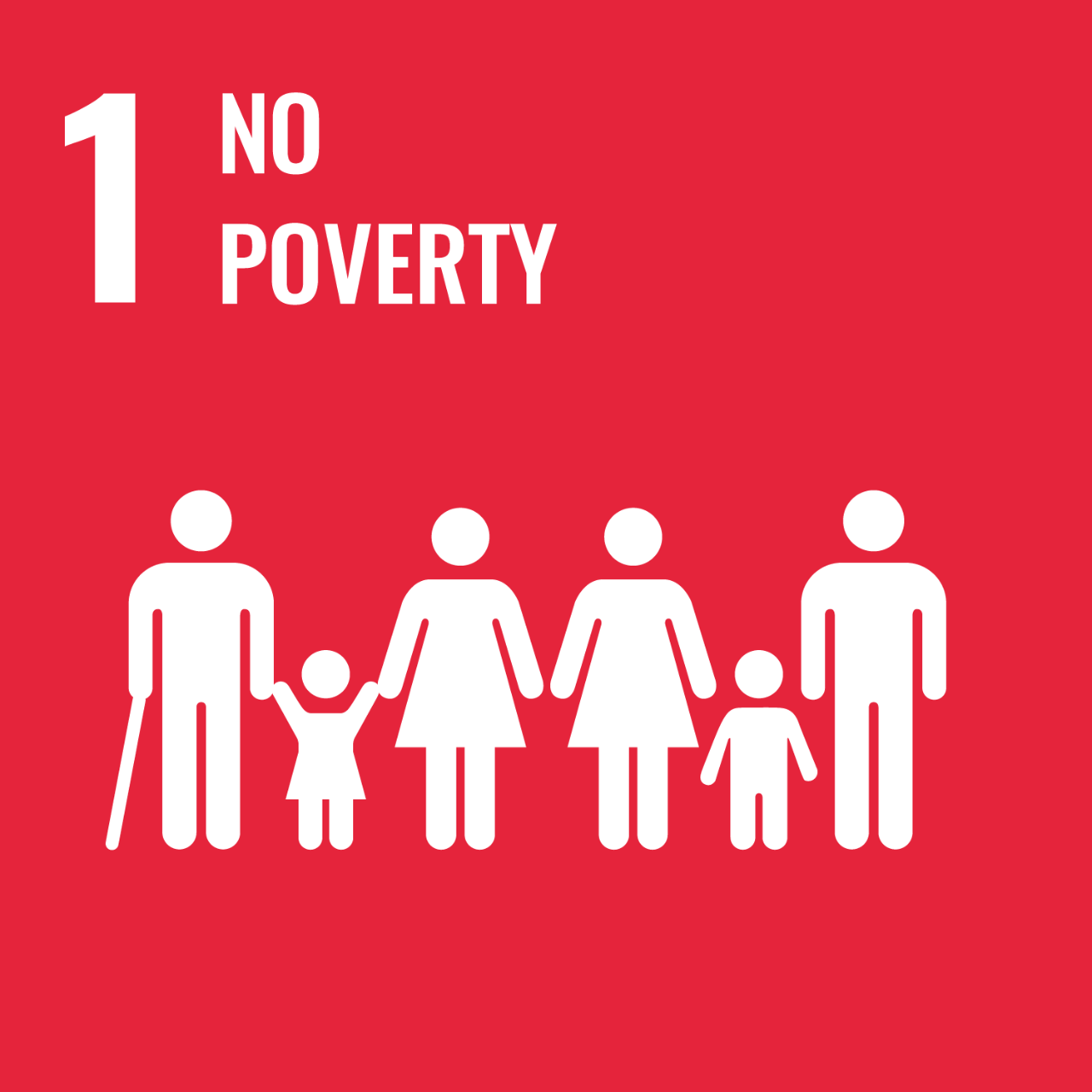
From partnering with the B.C. Poverty Reduction Coalition, to chronicling the journey of women, poverty and education in Mexico, SFU is engaging communities to support the end of poverty in all its forms.
-
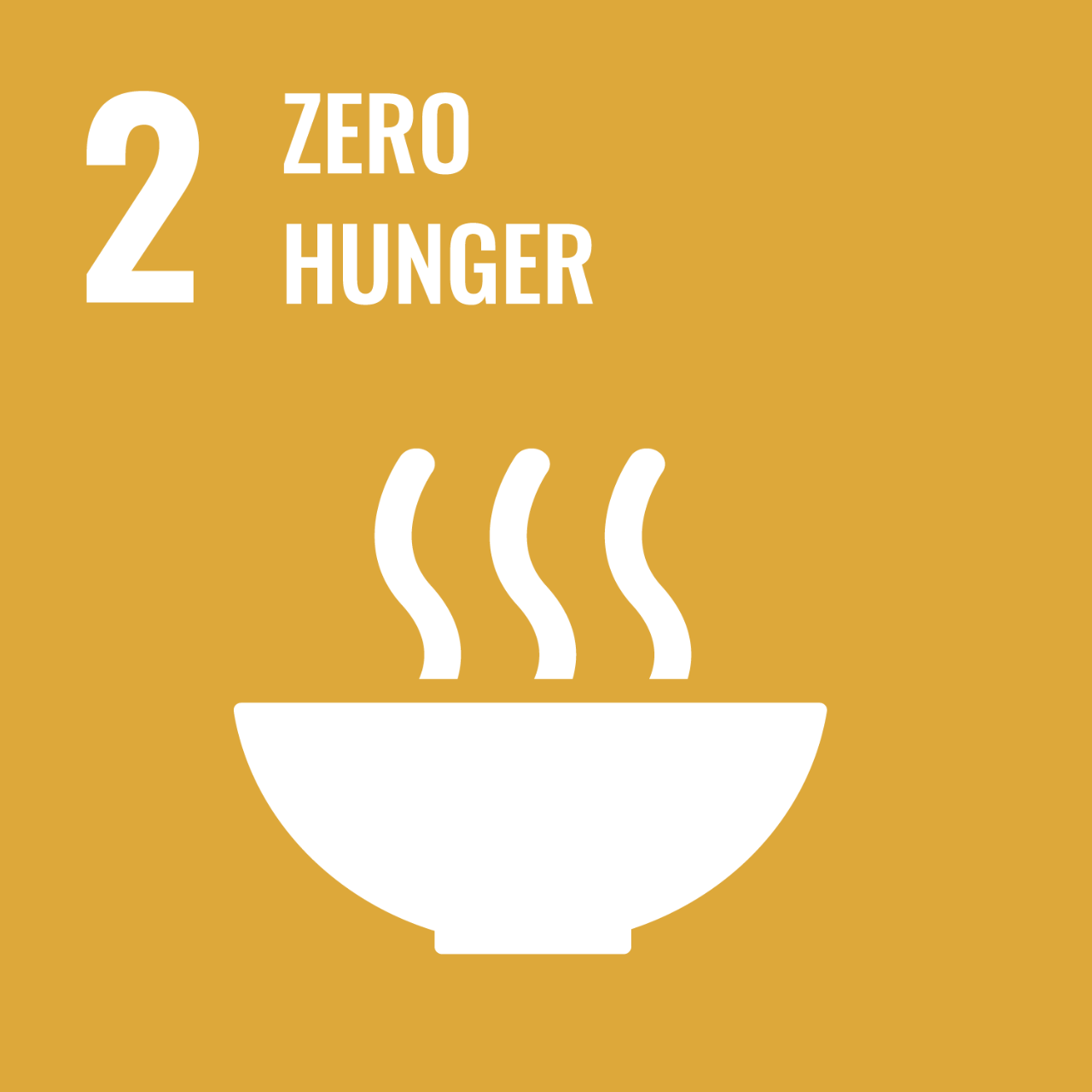
To end hunger, achieve food security and improved nutrition, and promote sustainable agriculture, SFU researchers are developing renewable and creative strategies to support sustainable food systems and reduce food waste.
-

SFU supports health across the human lifespan. During the global COVID-19 pandemic, SFU researchers co-led a new national infectious disease modeling network, mapped COVID-19 vulnerabilities in B.C. communities and informed decision-makers on managing travel restrictions more effectively.
-

Community programming and learning resources at facilities like SFU's Centre for Educational Excellence and the SFU Surrey - TD Community Engagement Centre are contributing to inclusive, equitable education and learning opportunities.
-

Ensuring inclusive and equitable quality education, SFU tracked the gender gap across some of Canada's most influential national news media, launched its first diversity meter and reinvented the future with Canada’s first and only artificial intelligence enrichment program for young women. SFU is committed to creating a diverse, equitable and inclusive community where all feel welcome, safe, accepted and appreciated in learning, teaching, research and work.
-
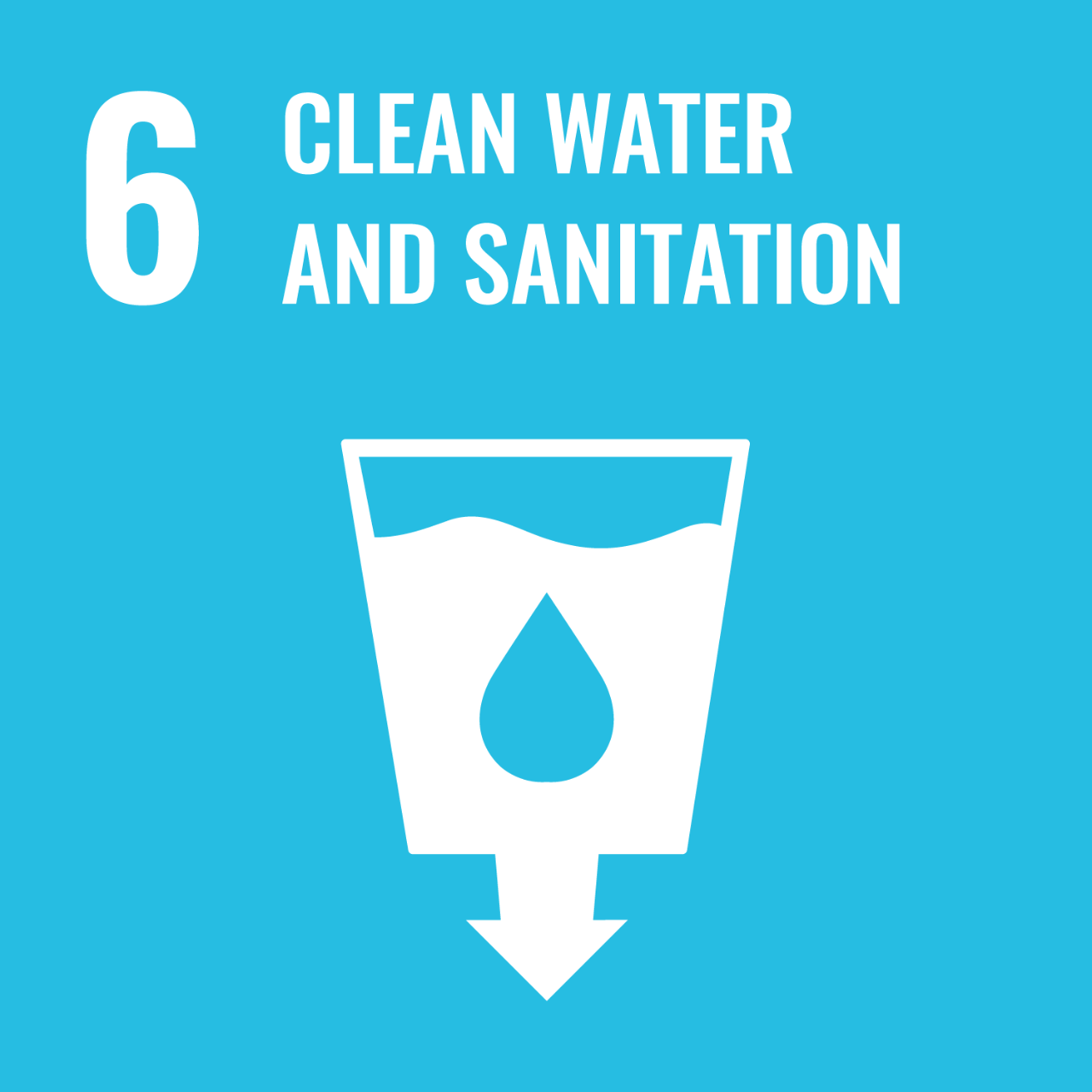
From innovative student start-ups to a new national research and training program, SFU supports availability and sustainable management of water and sanitation.
-

SFU’s energy research groups work to accelerate Canada’s clean energy transition to help support access to affordable, reliable, sustainable and modern energy.
-

SFU scholars are publishing vital research that supports inclusive and sustainable economic growth, full and productive employment, and decent work.
-

SFU's innovation strategy engages SFU researchers, staff and students with our communities and partners to solve societal challenges through innovation and entrepreneurship. SFU builds resilient infrastructure, promotes inclusive and sustainable industrialization and fosters innovation.
-

SFU is working on foundational concepts related to equity, racial justice, Indigenous rights and decolonization through a collaborative process.
-
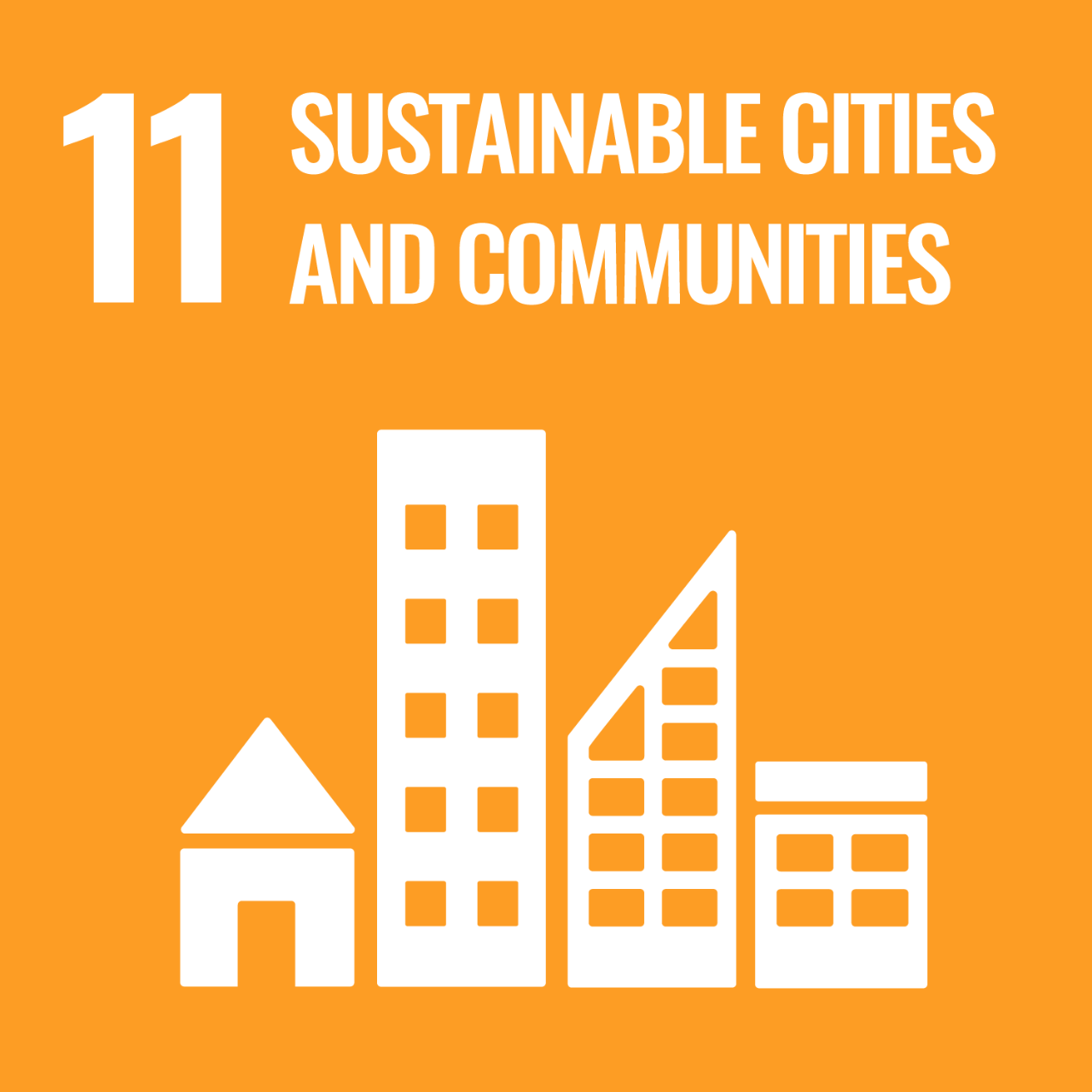
SFU is a world-leading university for impact on sustainable cities and communities. Renewable Cities is a global program of SFU’s Morris J. Wosk Centre for Dialogue whose mission is to support cities through the transition to 100% renewable energy and increased energy efficiency.
-

SFU is raising awareness and opportunities to promote responsible consumption and production through our operations, research and teaching and learning.
-
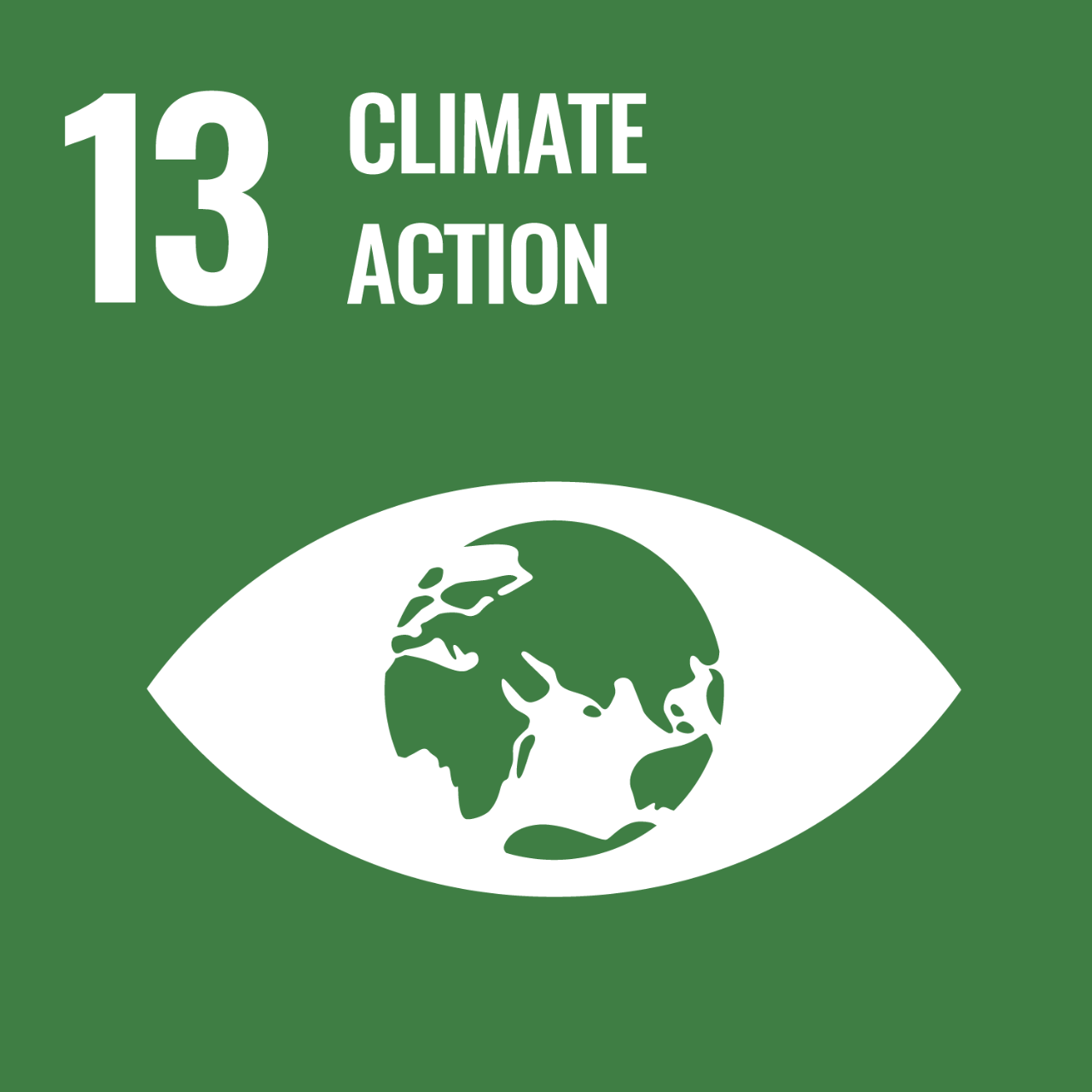
SFU has joined the United Nations' Race To Zero global campaign and renewed our 2022-2025 Strategic Sustainability and Climate Action Plan to mobilize climate action at our institution.
-

The sustainability of our oceans is under severe threat. SFU researchers are working to recover sea life population and implementing strategies to support this sustainability crisis.
-

More than a quarter of species assessed by the International Union for Conservation of Nature red list are threatened with extinction. SFU has a number of initiatives and projects, courses and people working to support SDG 15.
-
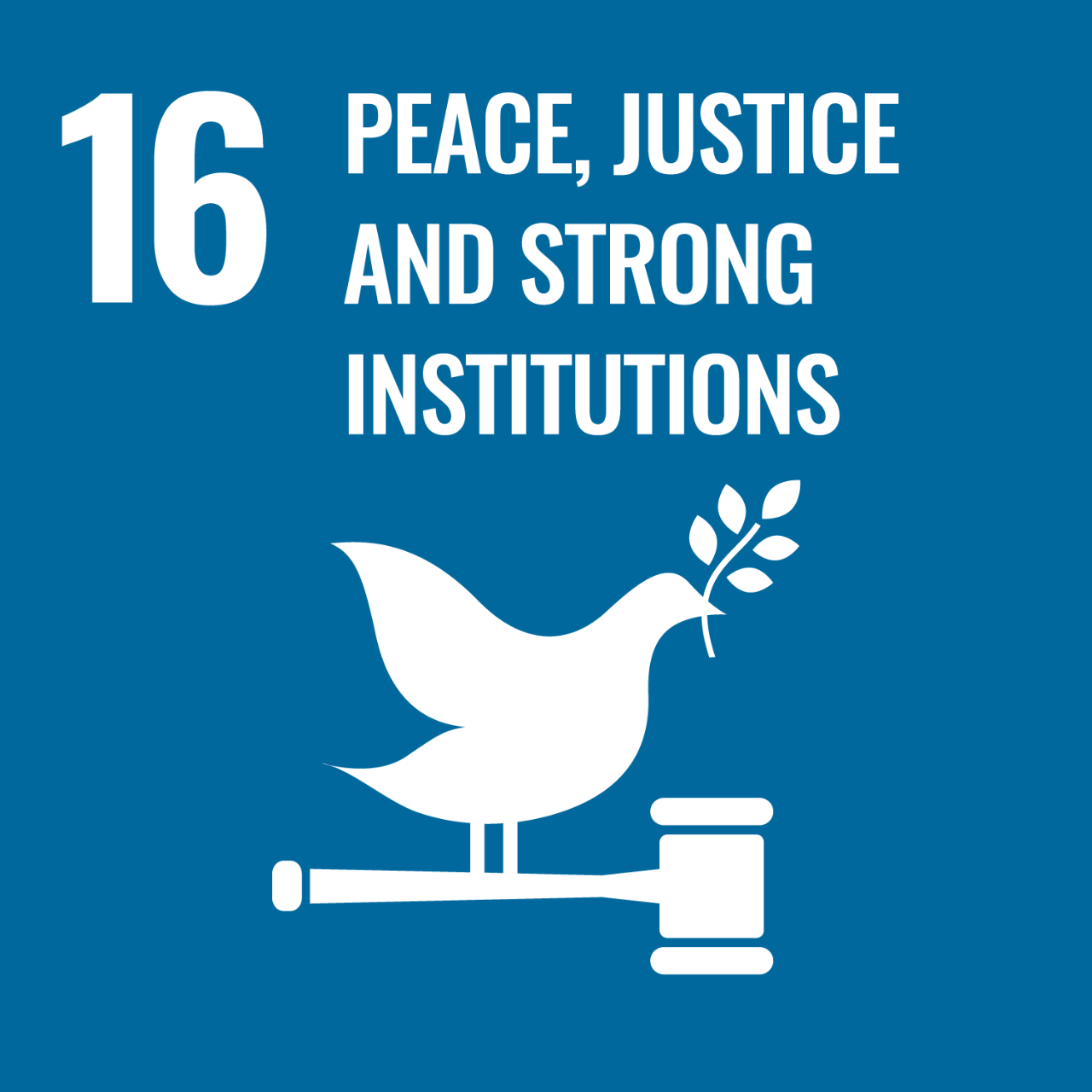
SFU has a mandate to foster shared understanding and positive action through dialogue and engagement. The university incorporates environmental, social and corporate governance considerations into its investment decisions.
-
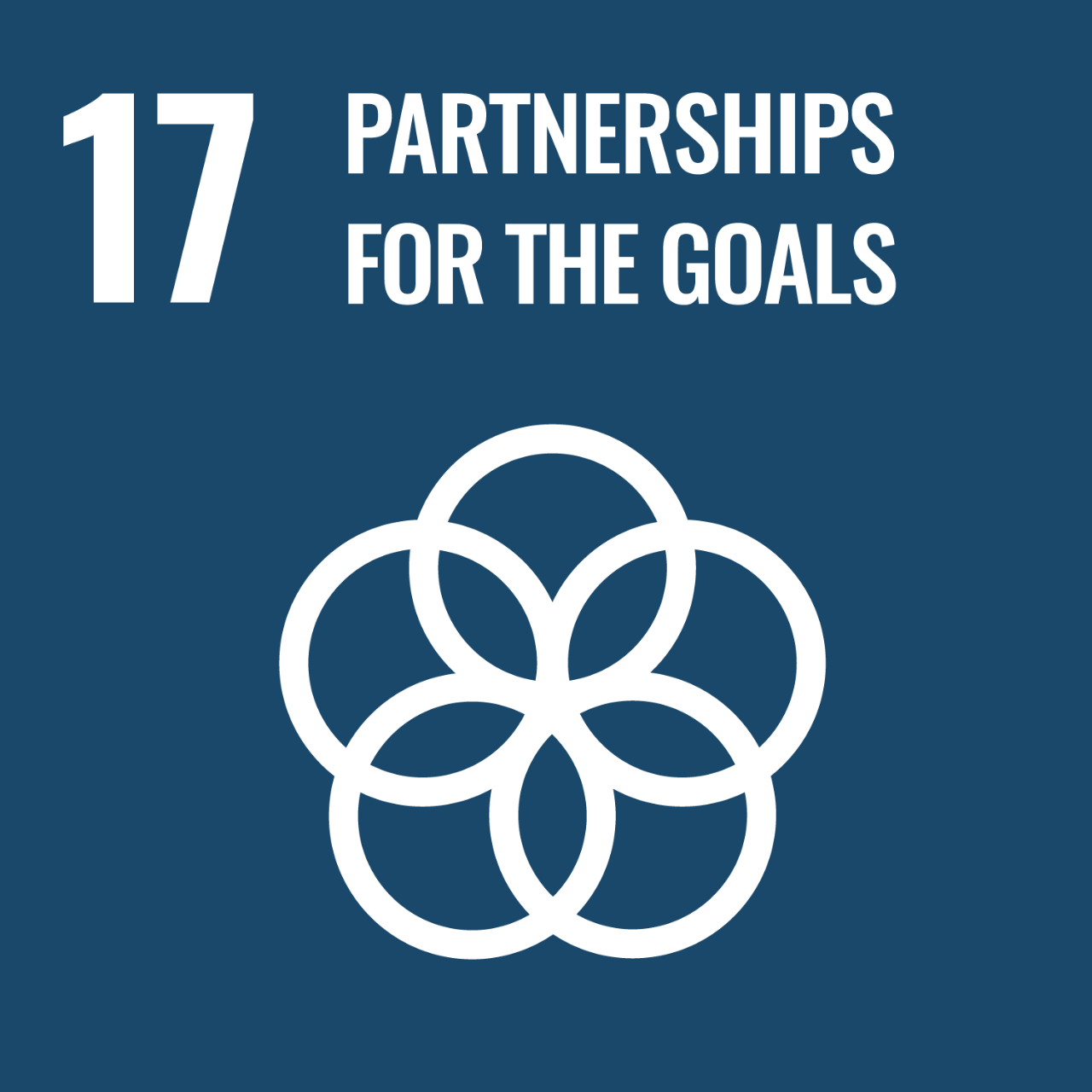
SFU has more than 250 international partnerships for research, experiential learning, academic collaborations and sustainable development projects. Our strong network of partners allow us to work together, across disciplines, sectors and countries, to mobilize on the SDGs globally.

